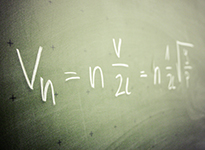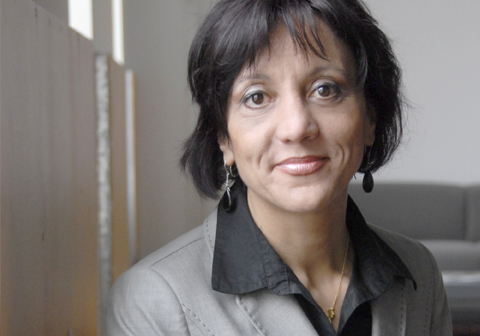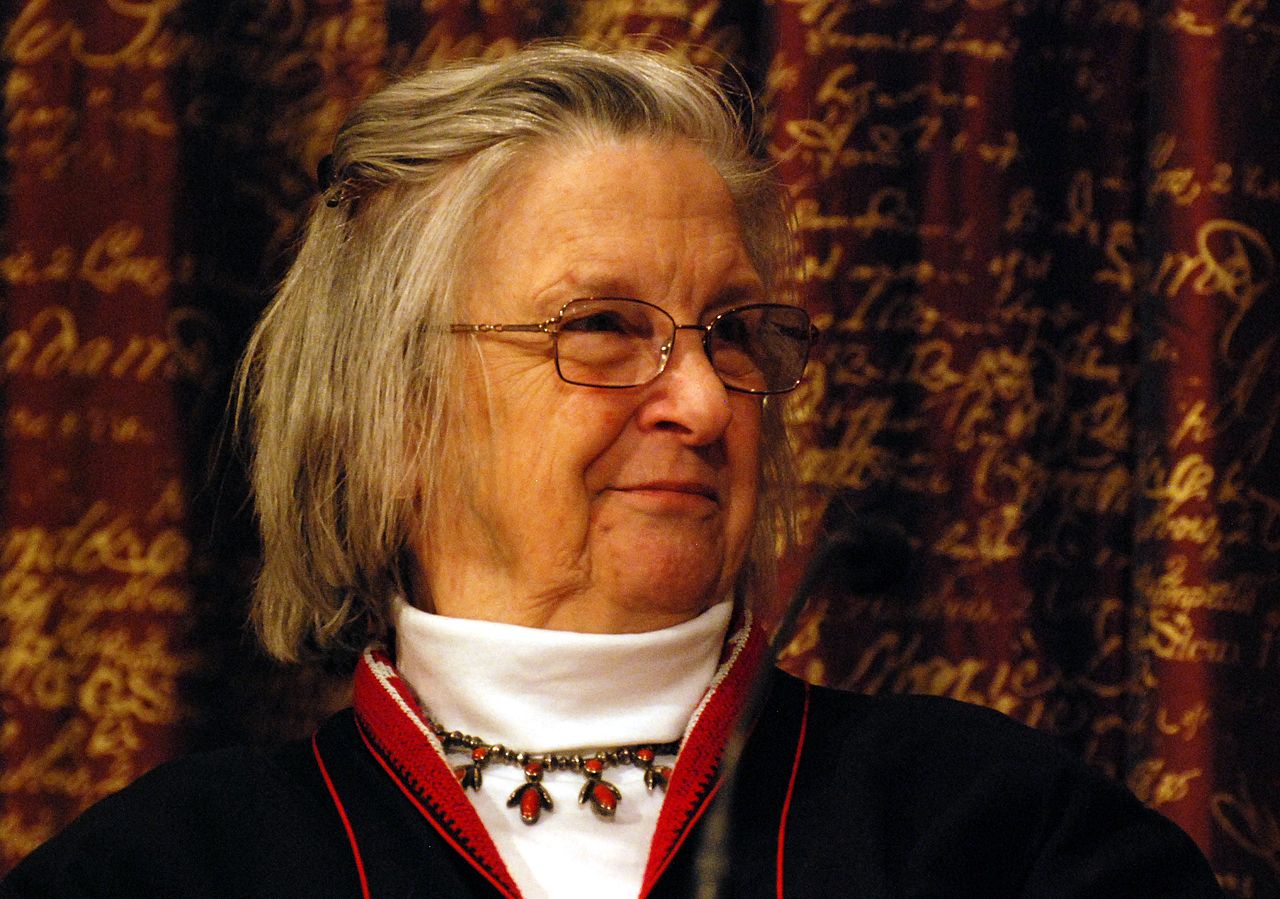
It has become the buzzword of the financial sector in the past few years. Everyone wants one: banks, investment groups, energy businesses, even betting houses. There are few of them, but on the shoulders of those few lies the behaviour of the global financial system, as it has done for over three decades. And alas, finance is often the last field of study they chose to follow. They are quantitative analysts: Quants.
8 january 2016
What exactly is a Quant?
A quant is essentially an expert in the analysis and management of quantitative data. Numbers, information. They are physicists, mathematicians, computer engineers, computer technicians and other professionals from the field of science that chose to dive into the world of finances.
Although mathematicians have had a profound impact in the area of economics for over a century (in particular financial theory this was led in no small part by the works of Louis Bachelier on stochastic phenomena), it was in the nineteen-eighties that Wall Street discovered the need to bring scientists aboard to understand the inner-workings of an indecipherable trading market.
The quant’s main goal is to create complex models that allow investors to value quantitatively financial products (that is, their price) and manage any risks. These models are ideally easy to apply and calibrate according to any variations on the market: there are no scientific or permanent laws here. Impossible to find perfection in the volatile and unpredictable sea of the financial markets…. But its pursuit is needed.
As such, three fields of study need to be mastered: Mathematics, the controlling of derivatives, probability, statistics, differential equations; Finance, among many questions, what is risk, how do products move on the market; and Programming, for which an infinite number of software packages can be found.
This presentation details with a more technical accuracy what is expected from a quant in a bank, in this case the Santander Group.
What can a quant expect to find on the job market?
The gamut of businesses in search of the few quants in Spain (little more than a hundred according to some estimates) is ever-growing: insurance companies, commercial firms, financial software producers, amongst others. Any business whose survival depends on statistical models is interested – however weak their relationship with finance is.
But the bulk of quant employers are financial entities. Investment banks and hedge funds, mainly. Front-office quants talk straight with traders, offering the right tools for a product’s pricing; back-office quants work further back, constantly evaluating the models and detailing future strategies.
How can I become a quant?
A quant requires knowledge in three familiar but distant fields. A postgraduate course in Mathematical Sciences or Statistics, or closer to programming, is one decent path to entering the job market, but lack of understanding of the way the financial world works may be a big handicap for finding an important role.
The Master’s Degree in Banking and Quantitative Finance manages to avoid this hurdle by offering an extensive education in financial and banking theory. A graduate from this Master’s Degree is not only an expert in the instrumental (programming) and scientific techniques needed to become a competent quant: he or she has the appropriate knowledge to understand the fundaments of finance for which he will provide his skills and take qualitative decisions. The freedom each student has in the second year of our Master’s Degree to choose their own specialisation simply steadies the path for anyone to become a valuable quantitative analyst.











